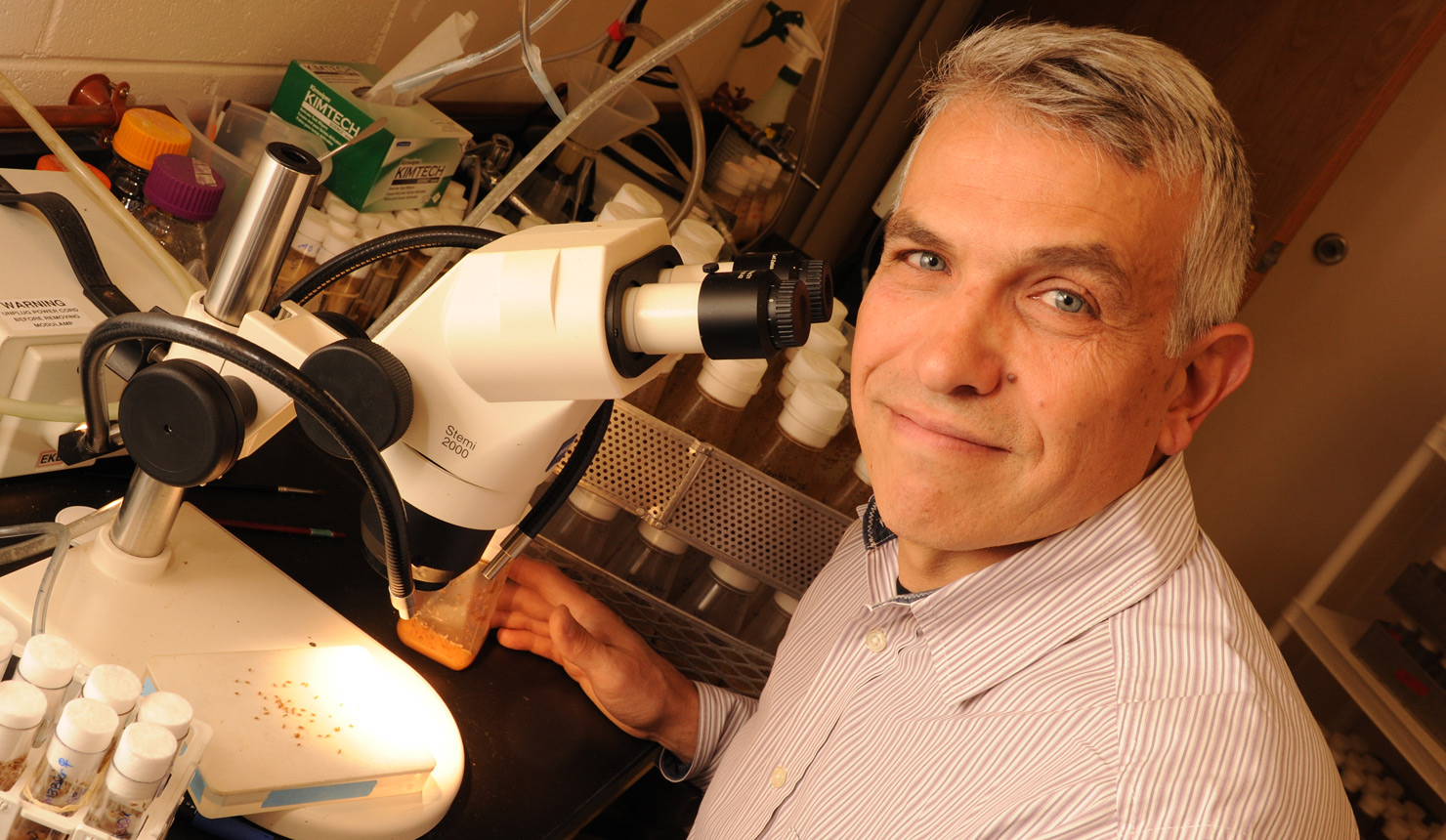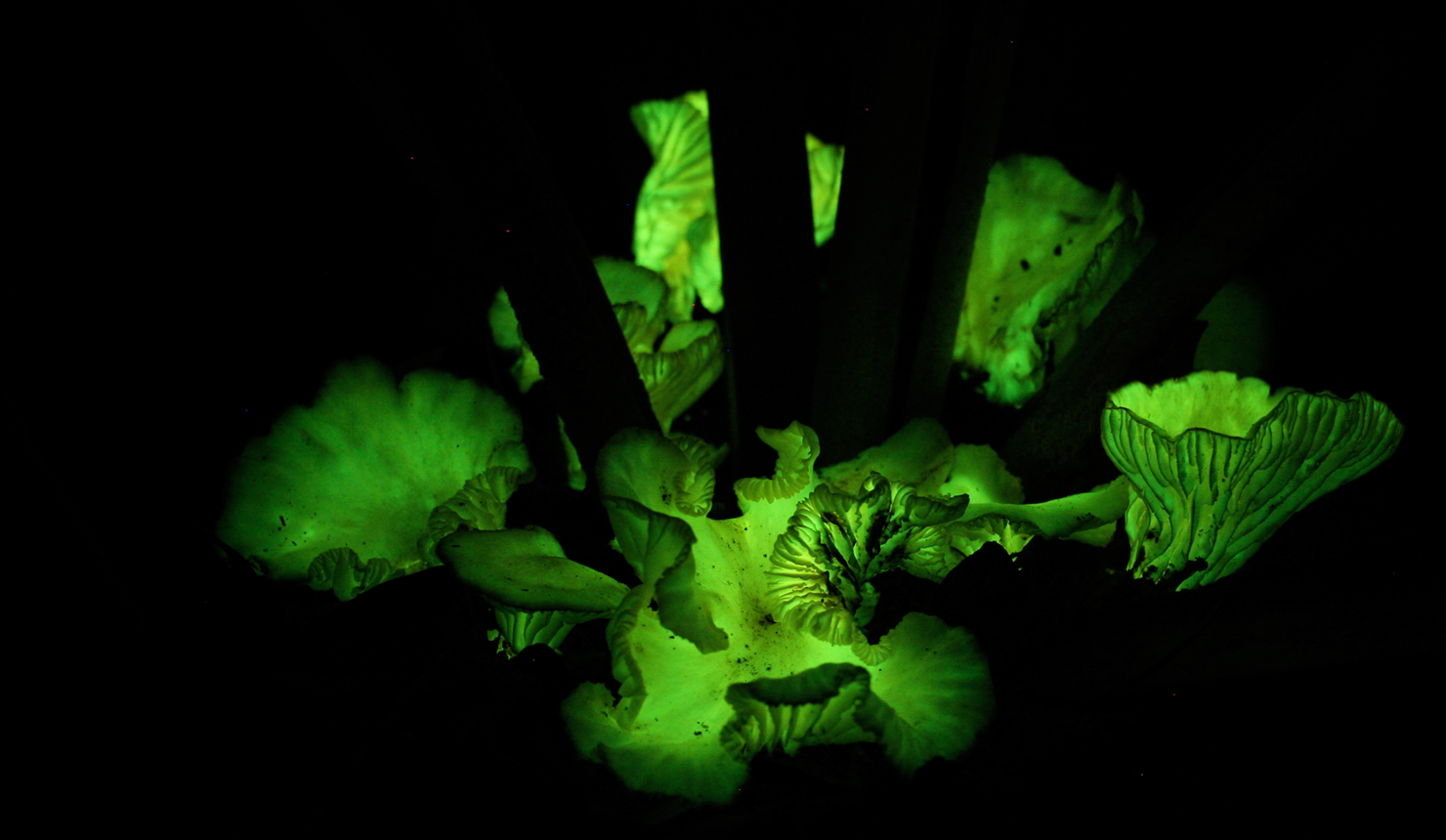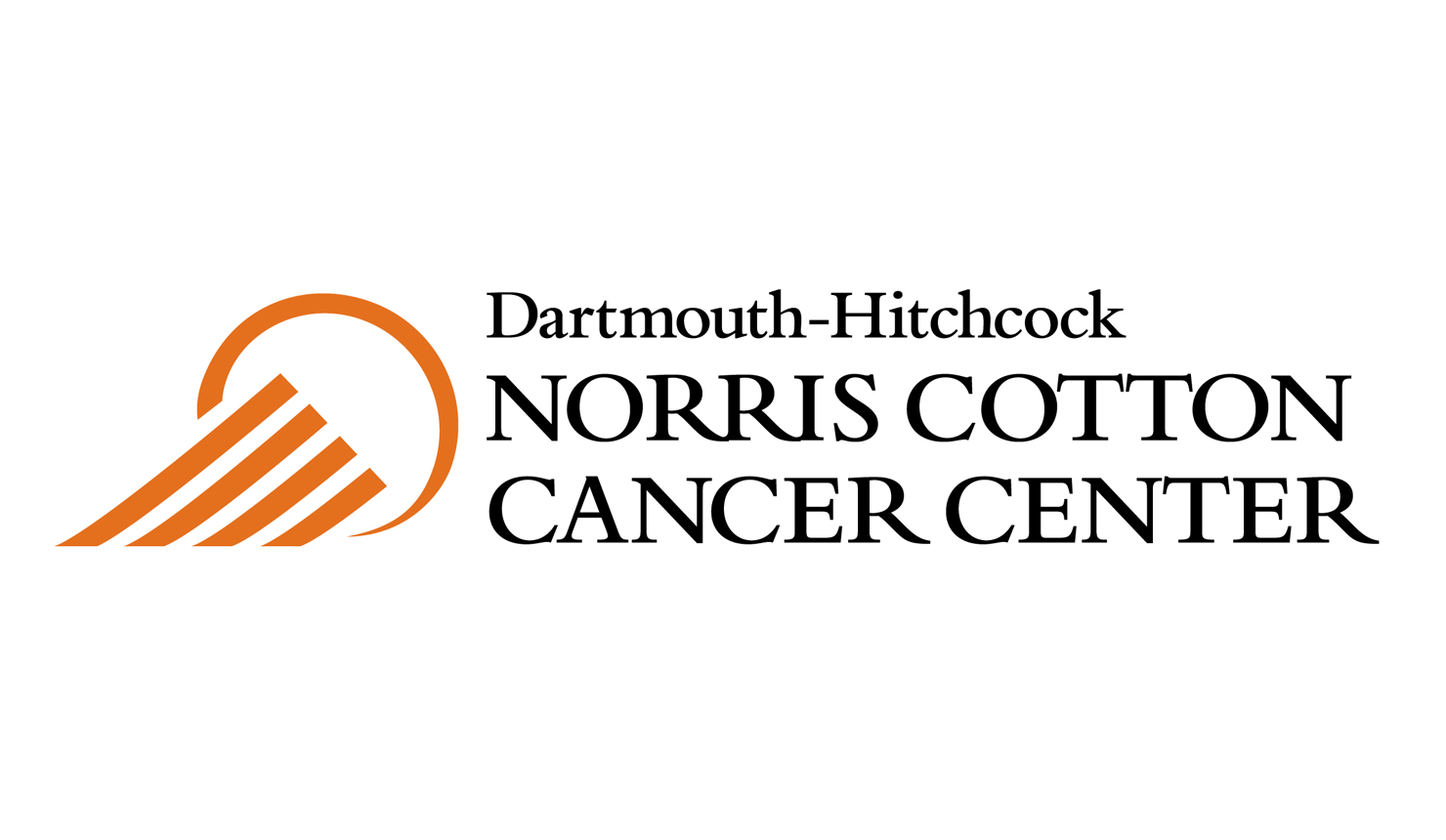Large study co-led by Geisel professor Christopher Amos, PhD, identified several new variants for lung cancer risk that will translate into improved understanding of the mechanisms involved in lung cancer risk.
Post Tagged with: "genetics"
Understanding Scleroderma’s ‘Social Network’ May Lead to New Treatments
With funding from the Falk Foundation, Mike Whitfield’s lab is mapping which genes interact with each other in the debilitating disease scleroderma. Their discoveries reveal new avenues for treatment.
Geisel Researcher Receives Prestigious $3.7M National Institutes of Health Pioneer Award
Giovanni Bosco, PhD, an associate professor of genetics at Dartmouth’s Geisel School of Medicine, has been awarded a prestigious $3.7 million Pioneer Award from the National Institutes of Health. The five-year grant supports exceptional investigators pursuing bold, highly innovative research projects.
Building Baby From the Genes Up
Genius – In this opinion piece, Ronald Green, professor of religion and ethics at Dartmouth and adjunct professor of community and family medicine at Geisel, discusses the future of genetic engineering and reproductive medicine. Green notes that during a discussion with Geisel medical students, he asked the students whether they thought that we should move in the direction of human genetic engineering, and more than 80 percent said no. “This squares with public opinion polls that show a similar degree of opposition,” says Green. “Nevertheless, ‘babies by design’ are probably in our future — but I think that the critics’ concerns may be less troublesome than they first appear.”
Your Next Prescription Could Be a Genome Sequence
Huffington Post via Techonomy – Quotes Gregory Tsongalis, professor of pathology, on the use of genome sequencing to improve patient care. Looking ahead, Tsongalis sees every indication that genome sequencing will become a mainstay in hospitals, and he thinks advances in the field will keep pouring in.
Speaking of Science: June 2015’s Selection of Notable Quotes
The Scientist – Quotes H. Gilbert Welch, professor of medicine, the Dartmouth Institute for Health Policy and Clinical Practice, and community and family medicine, from a recent op-ed on genome testing in the Los Angeles Times.
Researchers Discover Why Some Mushrooms Glow
New study by researchers from Dartmouth and Brazil finds mushrooms’ bioluminescence attracts insects and is under the control of the circadian clock.
Google-style Ranking Used to Describe Gene Connectivity
Using the technique known as “Gene Rank”, Dartmouth investigator Eugene Demidenko, PhD, captured and described a new characterization of gene connectivity in “Microarray Enriched Gene Rank,” published in BioData Mining. The effective computer algorithm can be used to compare tissues across or within organisms at great speed with a simple laptop computer.
Dartmouth Investigators Identify Key Pathways Underlying Different Subsets of Systemic Sclerosis
Why do some patients with systemic sclerosis respond to therapy while others do not? The answer may lie in the fine nuances of a patient’s disease; some patients with similar disease symptoms appear to have distinct biological pathways driving their diseases.
Dartmouth Researchers Determine Key Element in Circadian Clock Speed
In a discovery that may lead to new treatments for sleep disorders, jet lag and other health problems tied to circadian rhythms, researchers have identified a determinant of the circadian clock’s period. Their findings appear in the January 29th issue of Science magazine.






